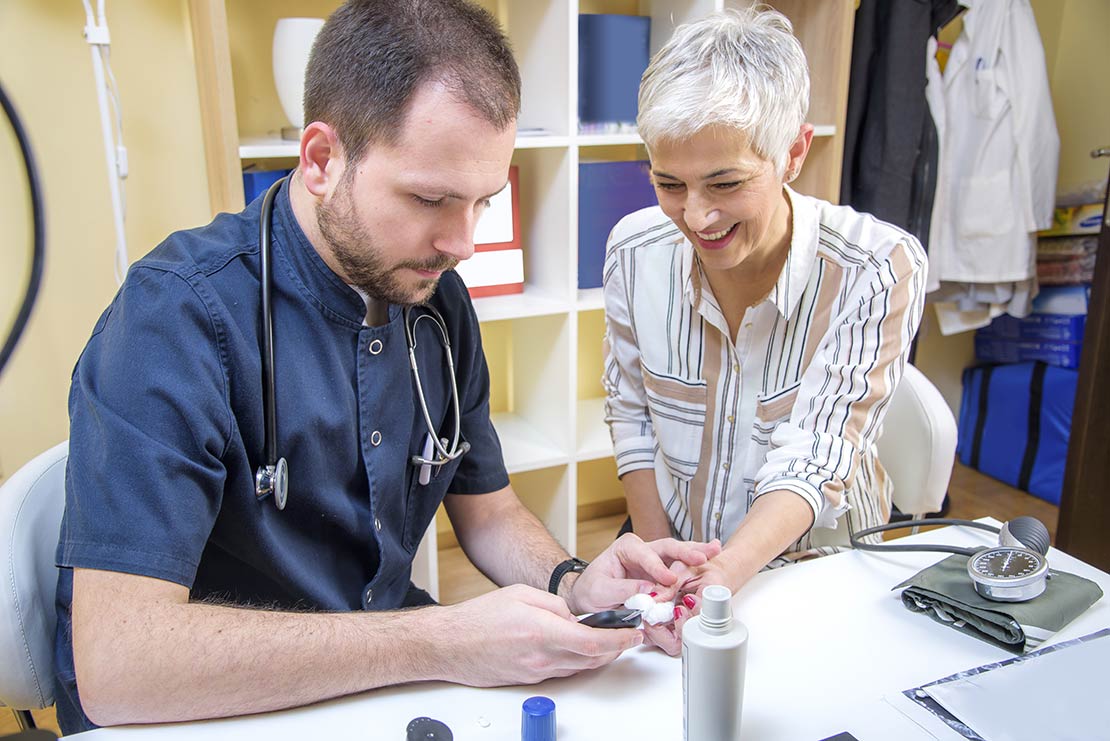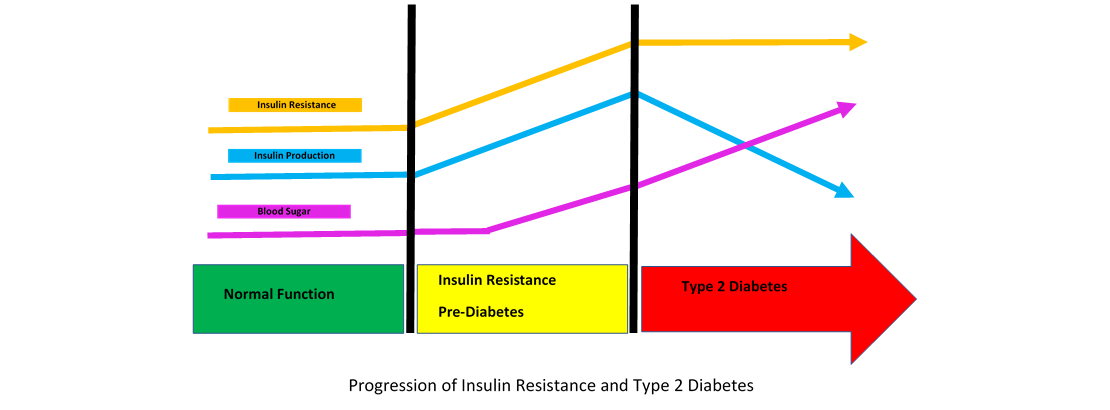INSULIN RESISTANCE TESTING

It is estimated that about 25% of the U.S. population have insulin resistance. Some of these individuals have, or will get, Type 2 diabetes. Insulin resistance occurs 10 – 15 years before diabetes. In early stages it often has no symptoms. It is clear that insulin resistance is associated with serious health problems, including heart attacks, strokes, and infertility in women. It is therefore important to detect insulin resistance at an early stage and to treat it. Effective treatment is available from your healthcare provider.
Testing Instructions
Overview
This is a special test that lasts about 2 ½ hours and requires an appointment.
Pre-test
The night before your test you should not have anything to eat or drink after midnight, with the exception of water until your test has been completed. Drink plenty of water!
During the Test
- No Smoking
- No Cough Drops
- No Gum
Scheduling
For an appointment, call 208-529-8330.
Frequently Asked Questions
What is insulin resistance?
Before we answer that question, it is important that you have an understanding of how insulin works. Insulin is a hormone, which is made by your pancreas. It helps you use and store glucose for fuel. Your body uses insulin to regulate the level of sugar (glucose) in your blood stream. Insulin can be compared to a “key” which, under normal circumstances, can “open” the cells to let the blood glucose enter.

Insulin travels in your blood stream to the cell walls, where it attaches to insulin receptors, which can be compared to “keyholes” on the side of the cell. When you have insulin resistance, the keyholes are not sensitive to the insulin, the message does not get into the “headquarters” of the cell (the nucleus) in an efficient way. It takes more insulin to keep the blood glucose in the normal range.
The body can over-produce insulin for many years. If you have a tendency toward Type 2 diabetes, eventually your pancreas will not be able to keep up with your demand for these large amounts of insulin. As the ability to make insulin decreases, blood sugar levels start to rise. Once blood sugars are high enough, diabetes is diagnosed.
What causes insulin resistance?
Genetics, along with a sedentary lifestyle, smoking, excess weight, certain medications, and an unhealthy diet all contribute to insulin resistance.
Who should be tested?
Testing is recommended if you have:
- an immediate family member with Type 2 Diabetes
- given birth to a baby weighing more than 9 lbs.
- gained more than 10 lbs. in the past year without change in eating or exercise
- high blood pressure
- high triglycerides
- a history of hypoglycemia (low blood sugar)
- polycystic ovarian syndrome
How is insulin resistance diagnosed?
The testing used at Express Lab is a two hour glucose tolerance test with serum insulin levels drawn at the same time. In order to prepare for the test you need to eat or drink nothing for at least 10 hours before the test. At the test, you first drink a high glucose beverage. Your blood is drawn initially, then every half hour for two hours to check how your plasma glucose and insulin levels change in response to the high glucose drink. Our lab technicians use your test results to calculate an insulin resistance score. The score helps the doctor see whether you have insulin resistance, and if you have it, how severe it is. It takes about two weeks to get your test results. A score less than 4.0 indicates that you have insulin resistance.
How is insulin resistance treated?
Step 1: Increase your physical activity level.
Exercise helps you use up blood sugar with less insulin. Over time you “train” your cells to be more sensitive to insulin. You need to do something physically active every day, building up to a 30 – 60 minute duration.
Step 2: Eat a healthy diet.
A heart healthy diet that provides smaller amounts of refined carbohydrates with more fruits, vegetables, whole grains, and healthy fats at each meal is very important. Eating many small meals is better than one or two larger ones. Make an appointment with a registered dietitian to get a plan that works for you.
Step 3: Lose 5-10% of your current weight (body fat).
Even a small amount of weight loss makes a big difference. Eating a healthy, low calorie diet and exercising regularly can help.
Step 4: You may need medication to help lower your insulin resistance.
There are available medications such as Metformin and Glucophage. These medications help the receptors on the cell wall respond better to your insulin
Providing insulin resistance testing and other medical laboratory services in East Idaho and the Boise area. Specifically our medical laboratories or service centers are located in Garden City, Idaho Falls, Meridian, Pocatello, and Rexburg.